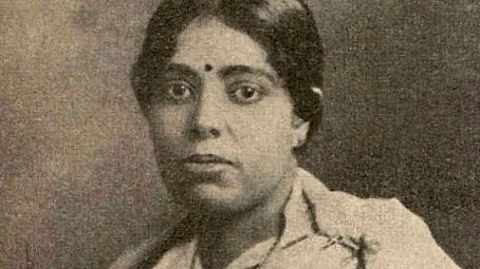She played an important role in the movement called ‘Save Silent Valley’, a campaign held against the construction of a hydroelectric project across the river Kunthipuzha in Kerala’s Silent Valley that would flood the ancient forests of the Valley. This movement eventually caused the government to abandon its project and saved the forest from flooding. This forest was declared a National Park on November 15, 1984. But Ammal was not there to see this victory of hers. She had died nine months earlier. Today, this national park stands as one of the last undisturbed areas of forest in the country, blossoming with lion-tailed macaques, endangered orchids and about 1,000 species of endemic flowering plants.
Death
Janaki was a faithful Gandhian who believed in simplicity. She worked until her last breath on February 7, 1984.
To honor her extraordinary contributions in the field of science, she was awarded the ‘Padma Shri’ in 1977. The Ministry of Environment and Forestry instituted the National Taxonomy Award in her name in 2000.
In a tribute to Dr. Janaki Ammal's significant contributions, the John Innes Institute of England has announced the launch of a postgraduate scholarship program in her name, aimed at supporting students from developing countries.
Dr. Janaki was indeed an incredible woman who did amazing work in her field despite the limitations on women of lower caste at that time. She always believed that she should always be remembered through her work. Though today she is relatively unknown to the new generation, her story is written on the pages of India’s natural landscapes, which she saved during her lifetime. From the sweetness of Indian sugarcane and the eternal biodiversity of Silent Valley to the blooming magnolia plants of Wiseley, Dr. Janaki's work not only exists, but it also blooms.


